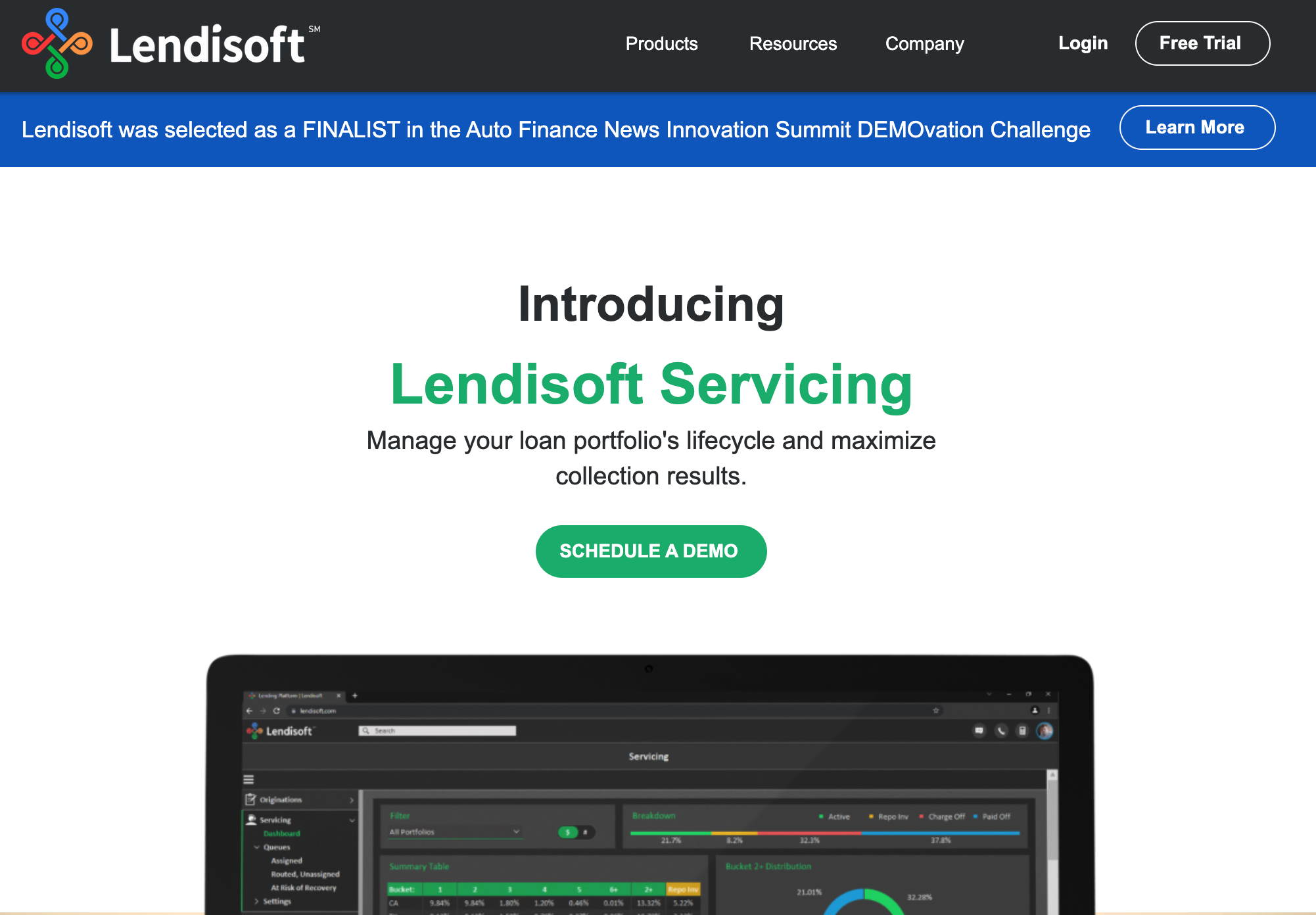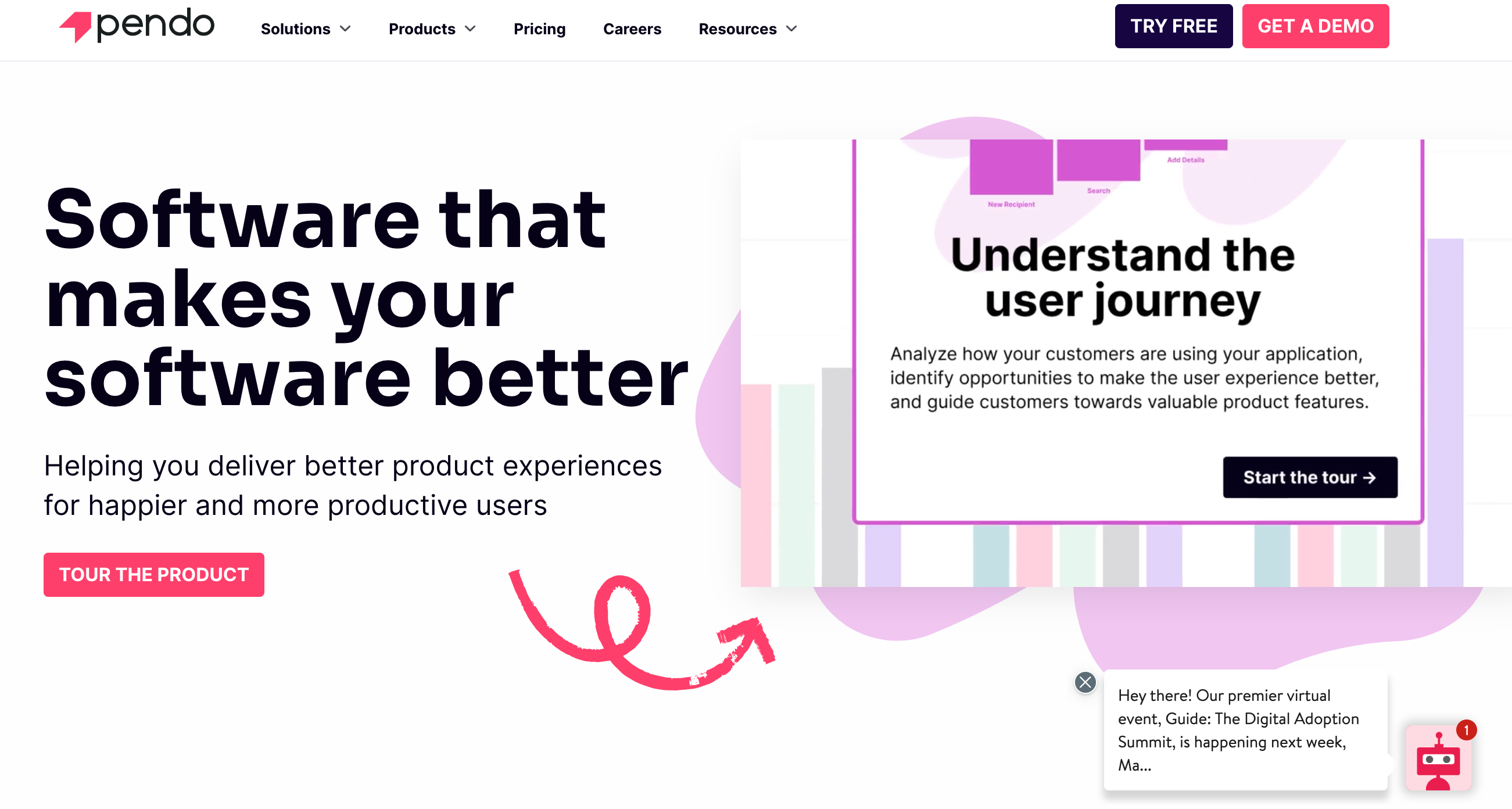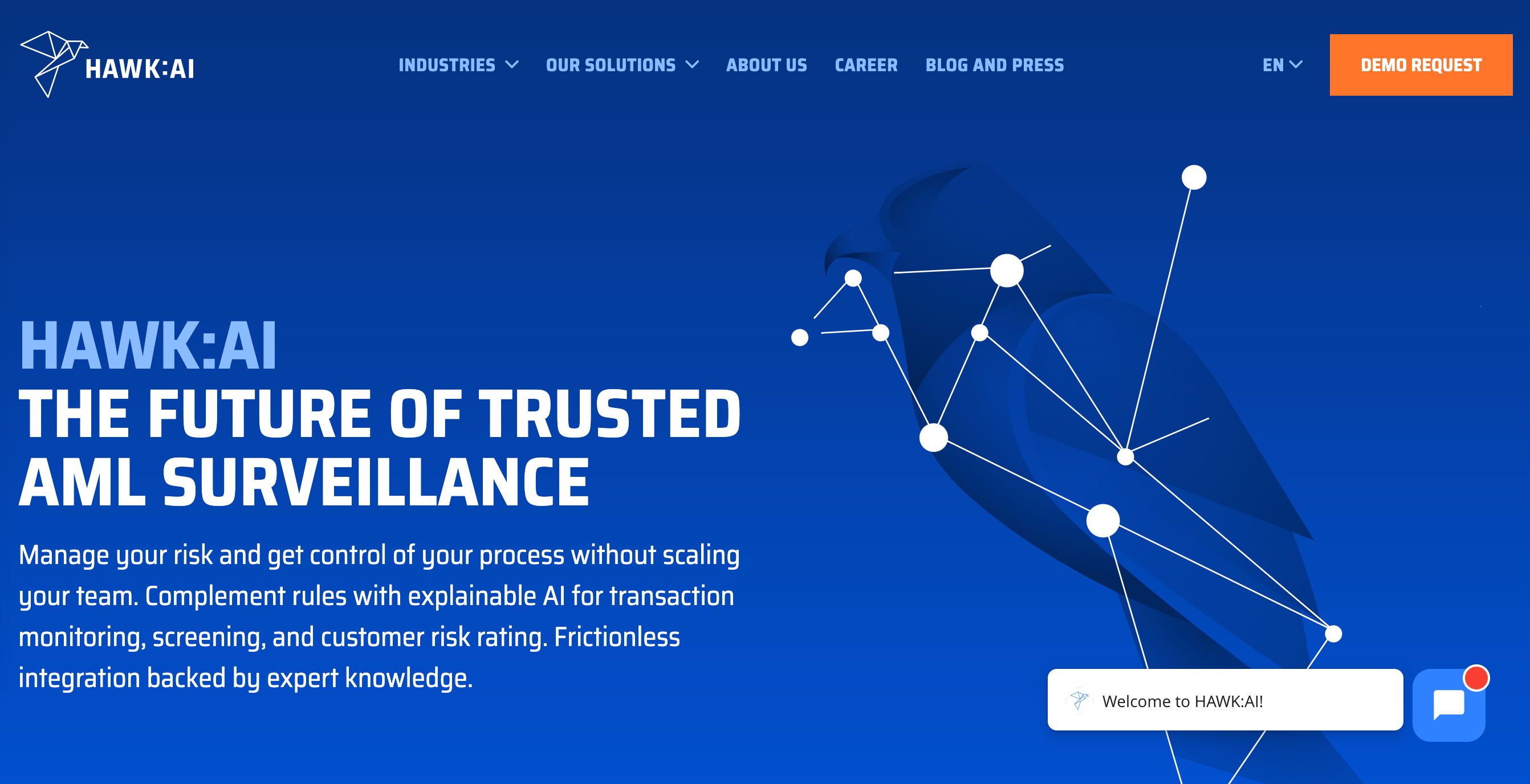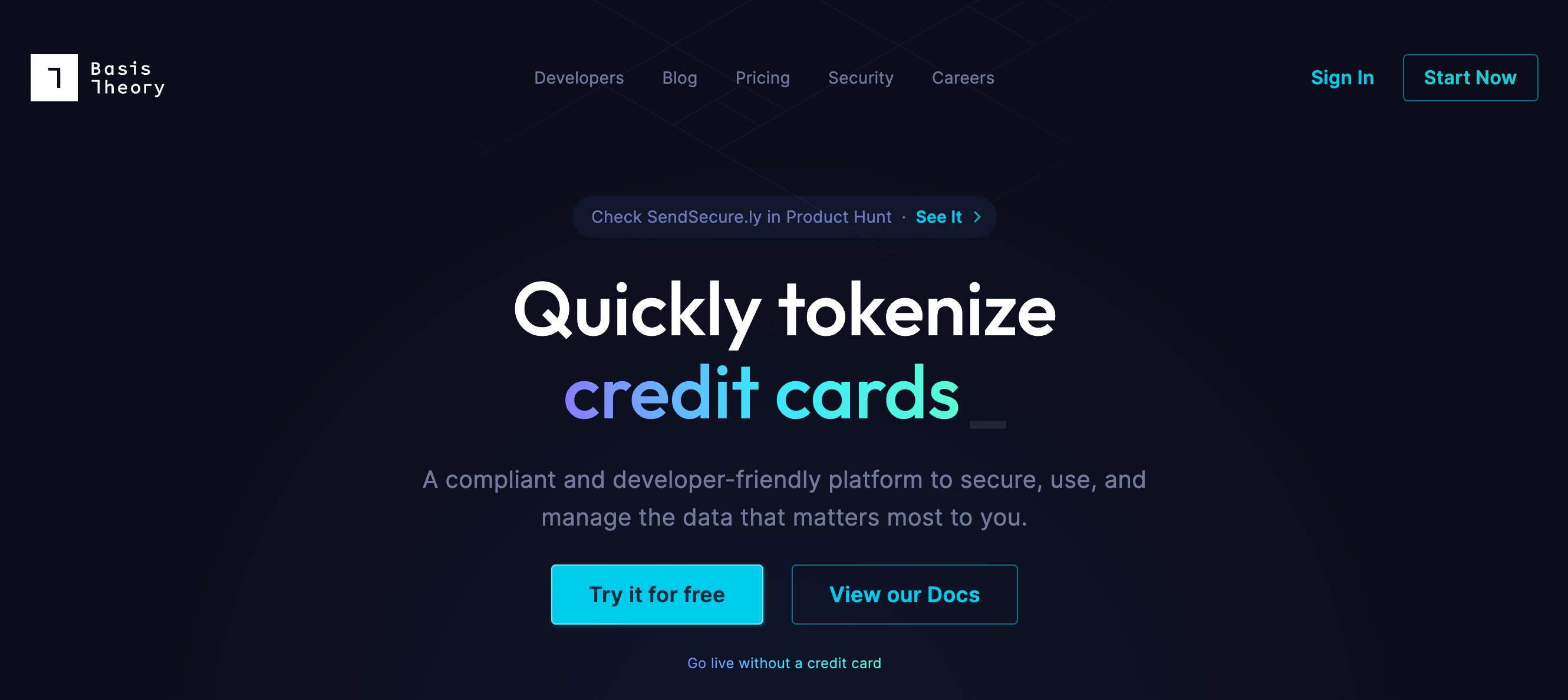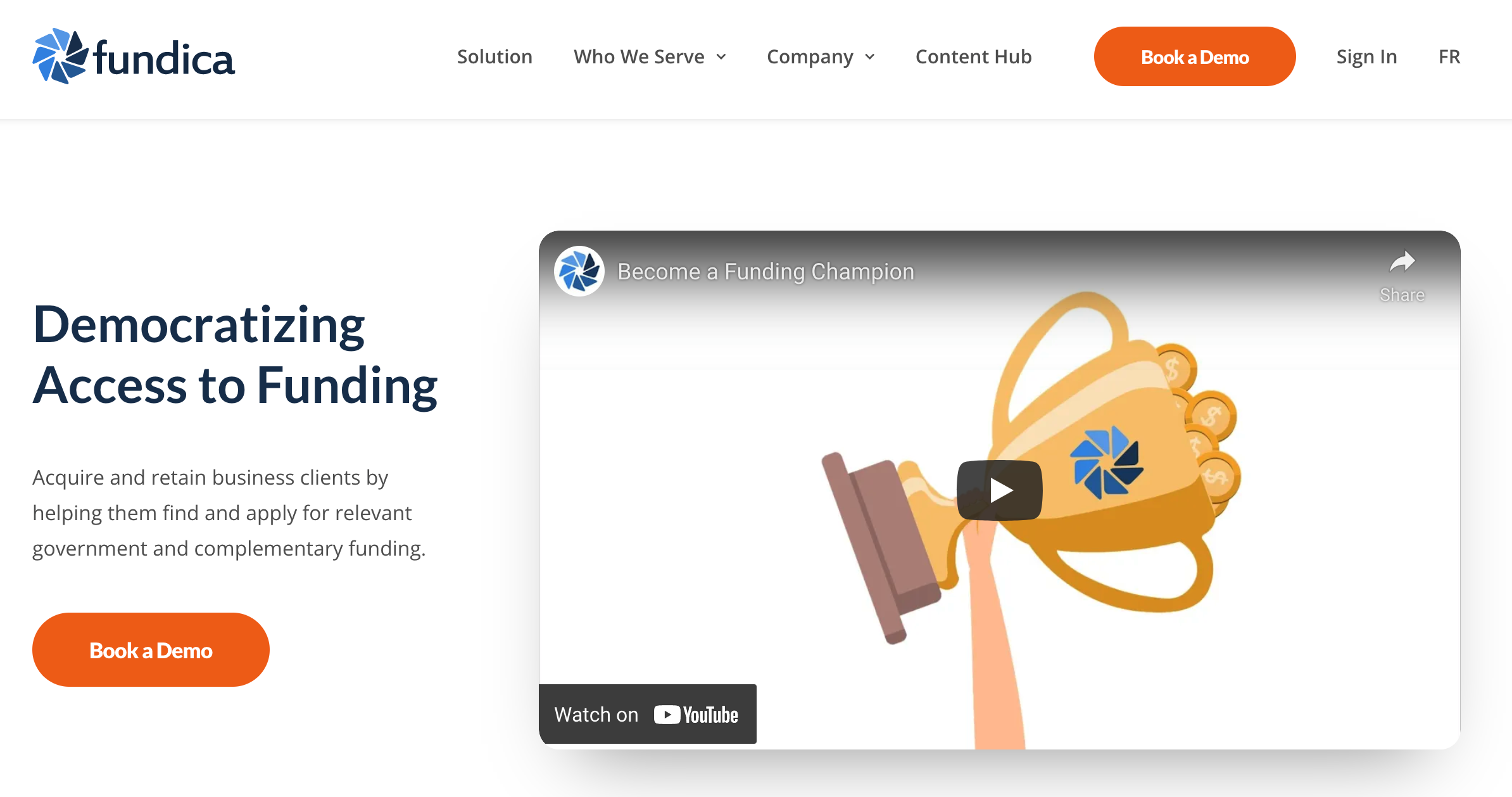
In a world full of inequalities, it is no surprise to see an imbalance when it comes to finances, and investing in particular.

For more insight into this industry conundrum, we spoke with Rukayyat Kolawole, CFA. Kolawole is familiar with inequities in the financial world, given her role as Founder and CEO of PaceUP Invest, a new platform launching on May 15th that offers e-learning, financial coaching, investment strategy, and execution for women and underrepresented groups.
Our conversation below highlights not only tips on bridging the knowledge gap, but also on building diversity and her view on the future of the retail investing industry.
When it comes to retail investing, there is a significant knowledge gap. What are some practical ways the fintech industry can bridge this gap and ultimately increase the number of investors?
Rukayyat Kolawole: The fintech industry can bridge this gap by incorporating financial literacy into its solution. The main reason people, especially women and those from underrepresented communities, do not invest is because of the lack of knowledge and being underserved by the finance industry. Many robo-advisors stop the process if the client indicates they are a novice to investing. Even though they include information and definitions of financial terms on their platform, this is not provided with the aim of increasing financial literacy overall, irrespective of the product they sell.
This represents a missed opportunity by the current robo-advisors to provide learning products and improve financial knowledge. At PaceUP Invest, we provide a hybrid, jargon-free financial literacy and investment platform to bridge the gap, and we have seen the impact on different communities. Incorporating behavioral science is also key to helping educate and increase the participation of potential retail investors.
How does the industry stand to benefit when the number and diversity of investors increases?
Kolawole: The industry will benefit immensely from a retail investor’s perspective because we will start to see a lot of gaps. For example, we’ll see a pension gap, retirement gap, and racial wealth gap gradually narrowing. Policies are still needed to ensure all these gaps are narrowed. Underrepresented communities and minorities will be greatly impacted by making a financial decision that will increase not only the number but also the average financial assets that they will hold. The economic benefit for society would be even larger.
When we look at capital allocators, it is still very much the old boys’ club of white and male. Very little is going towards women and people of color. The only way that people can get funding to solve real problems affecting their communities is if more women and people of color are writing the cheques. Otherwise, it’s going to be the same boys’ club.
How has the state of retail investing and retirement planning changed from how it was just five years ago?
Kolawole: Across the globe, we saw a spike in retail investing due to easy-to-use investing and trading apps. 2020 was called the year of retail investors, and the pandemic has no doubt contributed to the spike in retail trading. People became more empowered than ever. Retail trading has taken off more in the U.S. than in Europe. Retail investing in Europe makes only around 5% to 7% of total investments in Europe, compared to 25% in the U.S. and 60% in China.
With the large pension gap in Europe still not changing much in the past five years, low-interest rates, and new online brokerages being built could help to propel enough momentum to increase participation in the capital markets to solve these problems. Retail investing is here to stay!
However, we need to make it more inclusive for women and underrepresented communities.
When you think about what the industry will look like 10 years from now, what do you think will be different? What role will decentralized finance play?
Kolawole: People will have more choices and be in more control of their finances. More people will be financially independent and empowered via choices of products that solve their problems. Fintech will revolutionize and help to reduce a lot of gaps we currently have when it comes to money and wealth.
Banks will have their place in the future financial system, requiring more flexibility and a customer-centric approach by partnering with fintech companies to solve real-life solutions.
However, our financial world will probably not become that decentralized due to regulations and governments wanting to retain monetary power.



